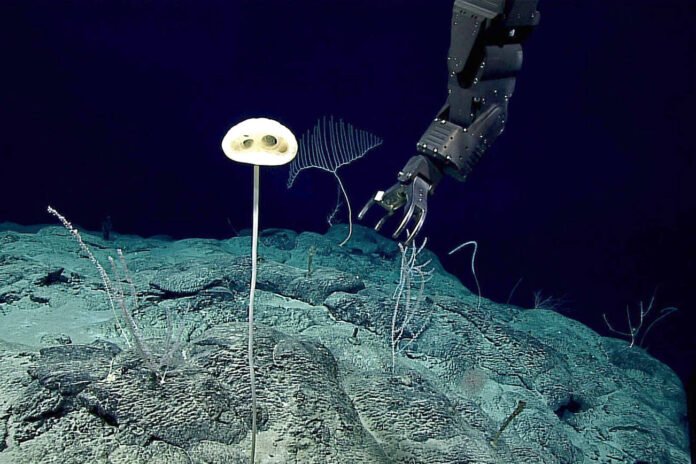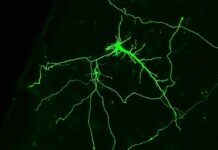The ocean is a vast and enigmatic realm that covers over 70% of the Earth’s surface. Despite its enormity, only a tiny fraction of the ocean has been explored, leaving much of its mysterious depths shrouded in secrecy. Nevertheless, it is home to an astonishing array of organisms that remain largely unexplored, many of which have yet to be discovered.
Marine biodiversity is a complex and fascinating subject that has captured the attention of scientists and researchers for centuries. The ocean is a thriving ecosystem that supports a staggering amount of biodiversity, estimated to be over one million species, many of which occupy every possible niche in the ocean, from the shallowest coral reefs to the deepest trenches.
The importance of marine biodiversity cannot be overstated. It plays a critical role in providing essential ecosystem services, such as oxygen production, nutrient cycling, and climate regulation. Additionally, it has the potential to provide new sources of food, medicine, and industrial materials that can benefit society in many ways.
Deep-sea exploration is one area of marine biology that has seen significant advances in recent years. Despite the ocean’s vastness, technology has allowed scientists to explore its depths like never before. Remotely operated vehicles (ROVs) and autonomous underwater vehicles (AUVs) are now capable of exploring the deepest parts of the ocean, revealing new and unexpected species that were previously unknown.
Bioluminescence is another fascinating area of marine biology that has captured the attention of researchers in recent years. It is the ability of some organisms to produce light, which they use for communication, camouflage, and predator avoidance. Scientists have made significant discoveries in this field, including identifying the genes responsible for bioluminescence and discovering new species of bioluminescent organisms.
Microbial communities are another crucial area of study in marine biology. These tiny organisms play a critical role in marine ecosystems, and recent advances in DNA sequencing technology have allowed scientists to study them in greater detail than ever before. These studies have revealed a complex network of microbial interactions, with different species working together to perform essential ecosystem functions.
Coral reefs are some of the most diverse and productive ecosystems on the planet, but they are also some of the most threatened. Recent discoveries in the field of coral reef biology have identified new species of coral and unexpected interactions between corals and other organisms. Additionally, new techniques for coral restoration and conservation have been developed.
Marine biotechnology is an area of marine biology that involves the use of marine organisms and their products for medical, industrial, and agricultural applications. Marine organisms produce unique and valuable compounds, including anti-cancer drugs, antibiotics, and industrial enzymes. Recent advances in marine biotechnology have led to the discovery of new and promising compounds, which could benefit society in many ways.
Marine conservation is crucial for the protection and management of marine ecosystems and their biodiversity. Advances in this field include new techniques for coral reef restoration and the identification of new areas of the ocean that are important for the conservation of endangered species. Additionally, marine protected areas have become a growing focus of conservation efforts, with designated areas of the ocean being protected from human activities.
Ocean robotics is an exciting and rapidly advancing field that includes underwater gliders, autonomous surface vehicles, and underwater drones. These systems are being used for a wide range of applications, from ocean exploration to environmental monitoring, and have revolutionized our ability to study the ocean.
Finally, aquaculture is an area of marine biology that involves the farming of aquatic organisms, such as fish, shellfish, and seaweed. With wild fish populations threatened by overfishing and habitat destruction, aquaculture has become an increasingly important source of seafood. Recent advances in this field include new techniques for the cultivation of marine organisms and the development of new systems for aquaculture, such as recirculating aquaculture systems and offshore aquaculture farms.
In conclusion, marine biology is a fascinating and complex field that has the potential to unlock many of the secrets of the ocean. With advances in technology and scientific research, we are discovering new and unexpected species, unlocking the potential of marine biotechnology, and developing new techniques for marine conservation and aquaculture. As we continue to invest in these areas, we can create a sustainable future for all of the ocean’s inhabitants and unlock the full potential of this vast and mysterious realm.















